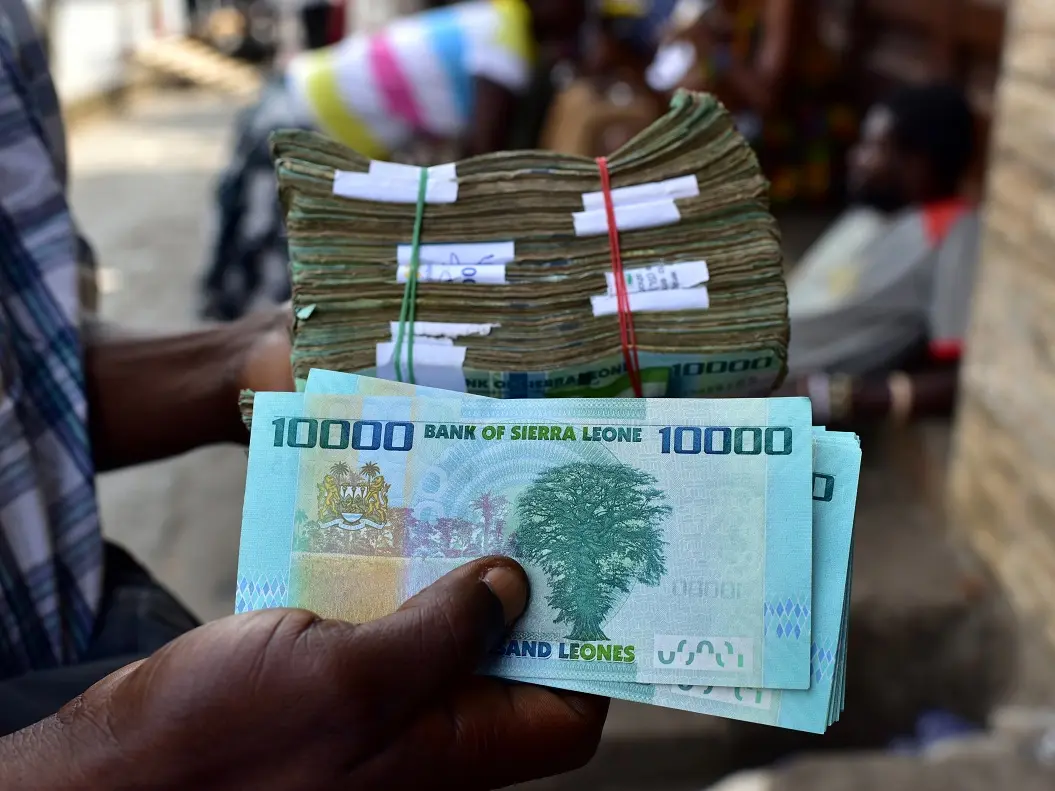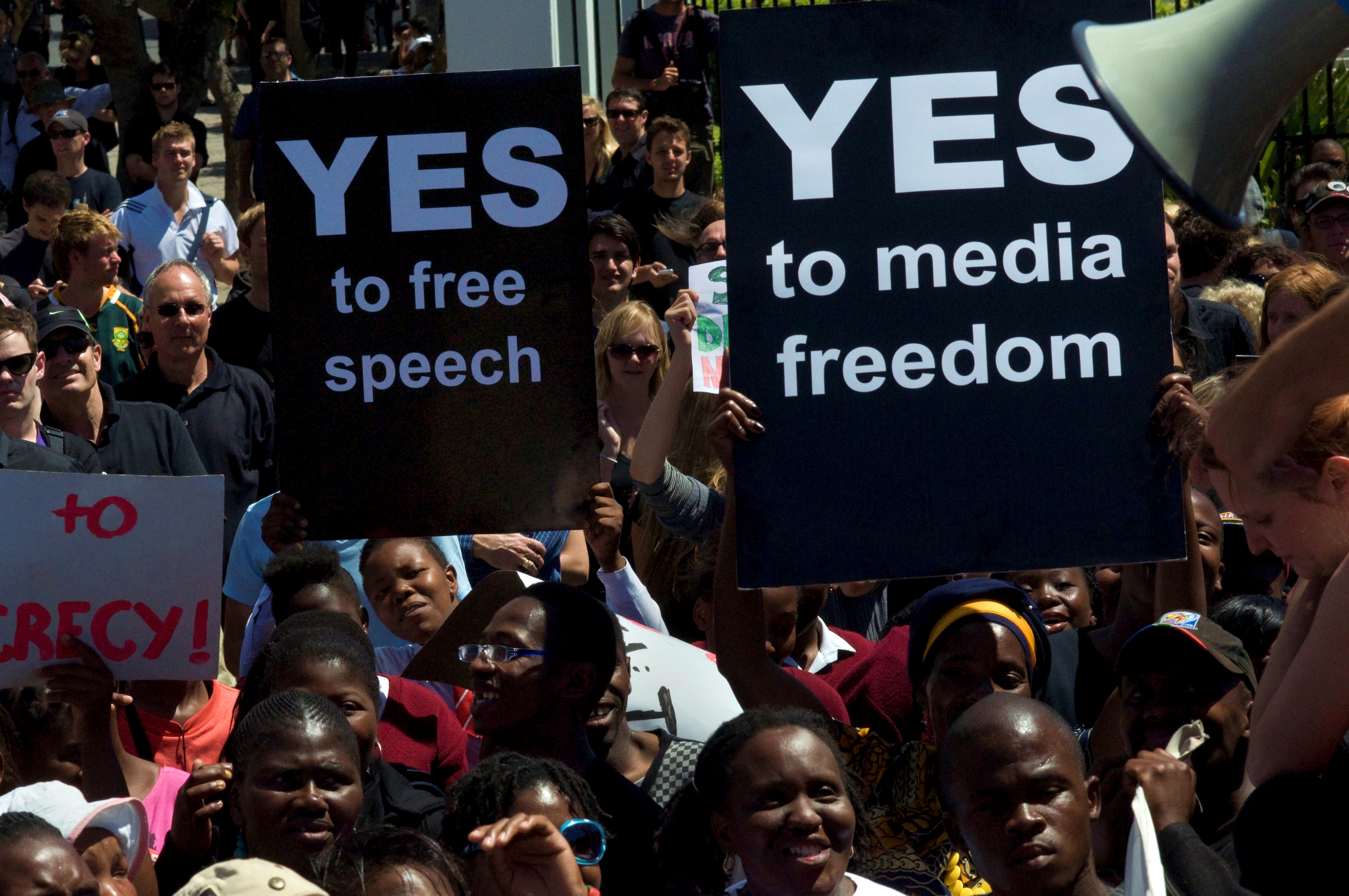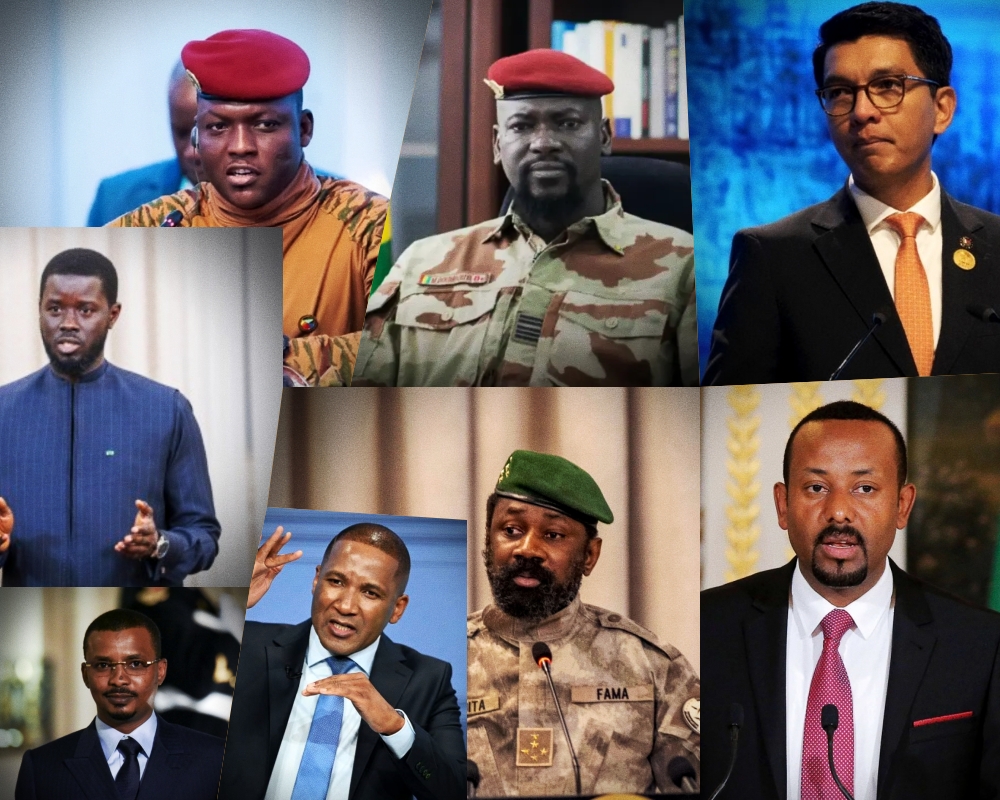Top 15 Weakest Currencies in Africa in 2024

Sierra Leone currency notes on a pavement in Freetown ( Photo : AFP )
Africa, known for its diverse cultures and landscapes, is navigating a complex economic landscape marked by currency devaluation in several nations. This phenomenon stems from various factors such as soaring inflation, limited economic diversification, political instability, conflicts, and sanctions.
In contrast to countries that allow their currencies to freely float in the market, others enforce fixed exchange rates to curb devaluation, which sometimes results in the emergence of a black market where local currency is devalued significantly against the official rate.
Here, we'll explore the 15 weakest currencies in Africa for 2024.
Table ranked from 15 to 1 based on the exchange rate of each country's currency against the US dollar:
| Rank | Currency | Country Code | Currency/$ | Country |
|---|---|---|---|---|
| 15 | Somali Shilling | SOS | 570.50/$ | Somalia |
| 14 | Sudanese Pound | SDG | 600.50/$ | Sudan |
| 13 | Central African CFA Franc | XAF | 608.86/$ | Cameroon, Chad, Congo, Central African Republic, Equatorial Guinea, Gabon |
| 12 | West African CFA Franc | XOF | 608.86/$ | Senegal, Mali, Cote d'Ivoire, Benin, Togo, Burkina Faso, Niger, Guinea-Bissau |
| 11 | Angolan Kwanza | AOA | 836.00/$ | Angola |
| 10 | Rwandan Franc | RWF | 1,288.16/$ | Rwanda |
| 9 | Naira | NGN | 1,382.50/$ | Nigeria |
| 8 | Malawian Kwacha | MWK | 1,728.97/$ | Malawi |
| 7 | Tanzanian Shilling | TZS | 2,587.65/$ | Tanzania |
| 6 | Congolese Franc | CDF | 2,785.00/$ | Democratic Republic of Congo |
| 5 | Burundian Franc | BIF | 2,859.52/$ | Burundi |
| 4 | Ugandan Shilling | UGX | 3,773.15/$ | Uganda |
| 3 | Malagasy Ariary | MGA | 4,402.47/$ | Madagascar |
| 2 | Guinean Franc | GNF | 8,569.17/$ | Guinea |
| 1 | Leone | SLL | 20,969.5/$ | Sierra Leone |
This table lists the countries ranked from 15 (lowest exchange rate against the US dollar) to 1 (highest exchange rate against the US dollar). The "Currency/$" column indicates the exchange rate where a higher value represents a weaker currency relative to the US dollar.
These currencies reflect economic stability and global market appeal but struggle due to volatile economic conditions.
Currency valuation, determined by its exchange rate against the US dollar, the global benchmark, is influenced by factors like inflation, political stability, and economic sector dependence. The weakest currencies often raise concerns among economic observers and market participants, reflecting the overall economic, political, and social health of a country.
The causes of currency depreciation in Africa are multifaceted, encompassing issues such as political instability, corruption, and over-reliance on limited resources. Analyzing these factors offers valuable insights into broader socio-economic challenges facing the continent.
The list/ table is organized according to each country's latest exchange rates as of May 4, 2024, sourced from real-time data provided by Google Finance and corroborated by Forbes Currency Converter.








